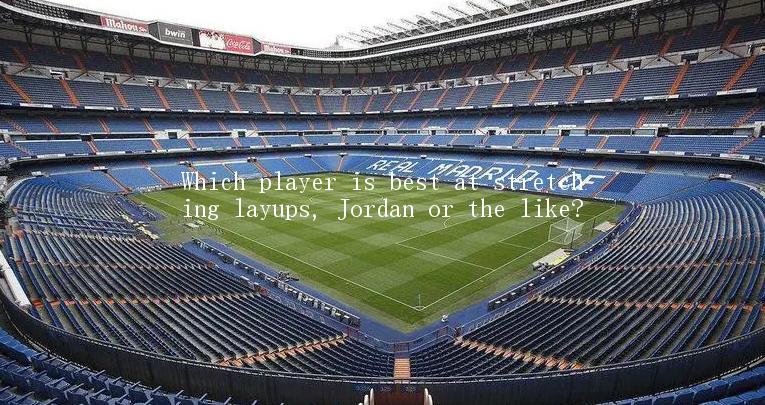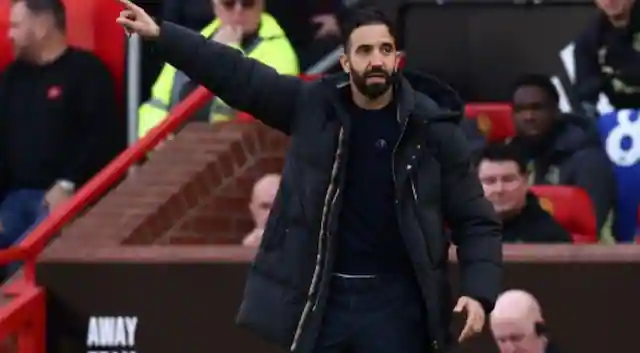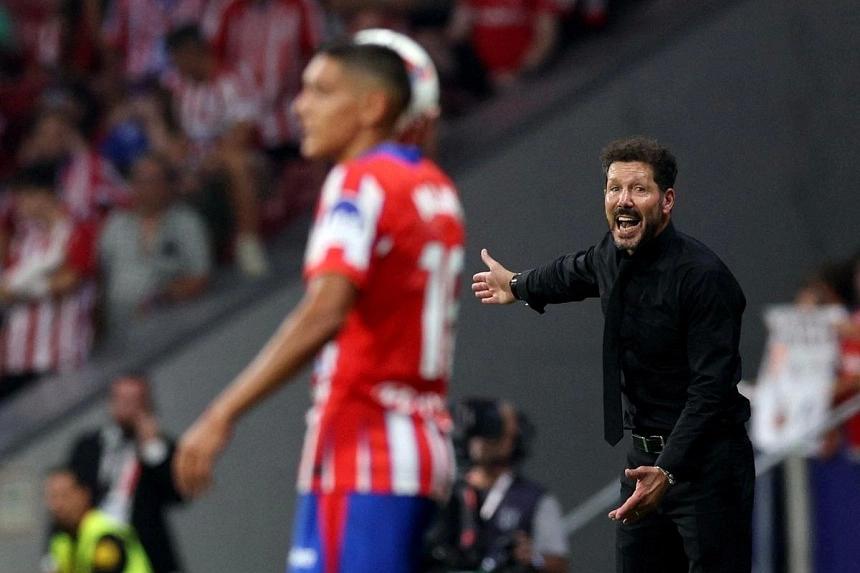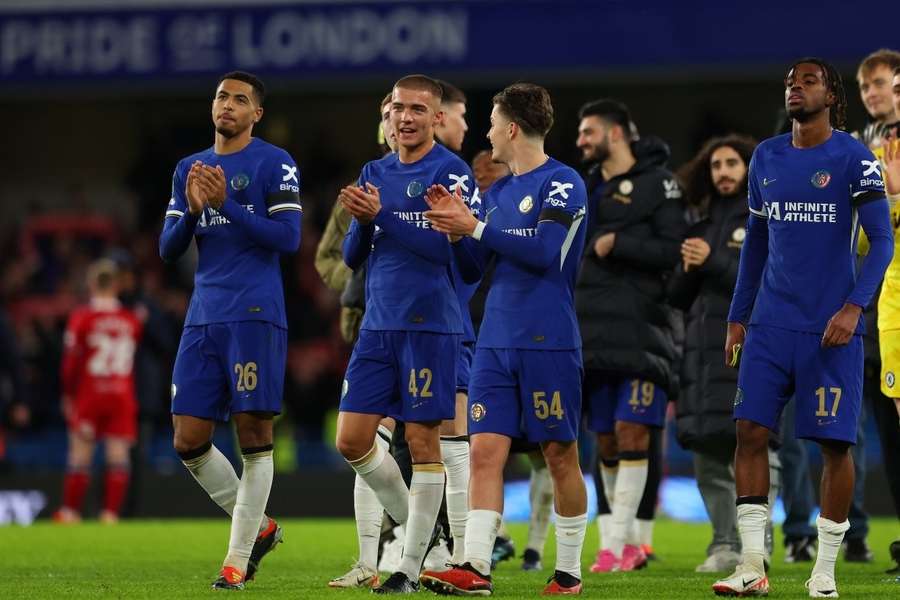The Growing Issue of Red Cards at Arsenal: Is it a Lack of Discipline or Unfortunate Circumstances in the Premier League?

It seems like bad luck comes in threes for Mikel Arteta and Arsenal this season, especially when it comes to disciplinary issues.
William Saliba's sending off against Bournemouth on Saturday followed similar dismissals for Leandro Trossard and Declan Rice earlier in the season. All of those games have seen the Gunners drop points, meaning they are already behind Liverpool and Manchester City in the Premier League title race.
"We cannot continue to play with 10 men, especially at this level and you see all the struggles teams have to win football matches," said Arteta in his press conference on Monday. "We need to eradicate that, it's clear."
Arteta's frustration over more dropped points will be compounded by the fact the Gunners have won every other Premier League game this campaign. They are five from five when they keep their cool. But when the veil slips, it costs them.
"To get three red cards in the first eight games is really poor," said Jamie Carragher on Monday.
Trending"But if it doesn't change quickly, they're going to have a big problem. Even though it's early in the season, you don't want to be three or four points behind Man City.
"It may be a situation when it's a freak - three red cards in eight games, it happens once in your career as a manager."
Except it is not, as it is not the only time we have seen this pattern with Arteta's Arsenal. Red cards do seem to come in bunches.
At the start of 2022, the Gunners picked up three red cards in four games as Gabriel was sent off against Manchester City on New Year's Day - before Granit Xhaka and Thomas Partey were given their marching orders in either leg of their Carabao Cup semi-final defeat to Liverpool.
In January 2020, there were two London derby red cards in the space of 10 days for Pierre-Emerick Aubameyang and David Luiz away at Crystal Palace then Chelsea respectively. At the end of that year, Xhaka and Gabriel were sent off within three days of each other in back-to-back league games against Burnley and Southampton.
It means Arsenal have picked up 18 Premier League red cards since Arteta moved to north London - significantly more than any other club. On top of that, the Gunners have received two first-half red cards this season, the same as the remaining 19 Premier League clubs combined.
But Arsenal's history with Premier League red cards goes much further back - right back to Arsene Wenger's days, when red cards were not so uncommon in the Gunners' ranks. So this is nothing new for the north London club.
After Wenger arrived at Arsenal in 1996, his team averaged nearly five red cards a season in his first six campaigns. When they won the double in 2002, they picked up six red cards that term, including three dismissals before the start of November.
During that double-winning season, Wenger even admitted his team trained regularly in a shape of 10 players, so high were the chances of getting a player sent off.
Back then Arsenal's red-card culprits were exactly who you would expect. Martin Keown and Patrick Vieira were regularly down the tunnel prematurely, while Ray Parlour was sent off twice before Christmas in that 2001/02 season.
There was a familiar feeling during Arteta's early years. Luiz was sent off three times within Arteta's first two years in charge, Xhaka and Gabriel twice in the same period. It tended to be the same faces.
This season, those culprits are more unfamiliar. Rice, Trossard and Saliba have all been dismissed for the first time in their Premier League careers. The latter had not even been dribbled past by an attacker once this season before his sending off against Bournemouth on Saturday.
It creates the notion that Arsenal's spike in red cards is not an old Achilles heel of ill-discipline emerging, rather the Gunners falling victim in unfortunate circumstances to the increased scrutiny on minor incidents.
"What happened in those three cases, it's nothing to do with aggression in my opinion," said Arteta. "Everybody has their own opinion. We want to be super competitive, when we show that it's great. When you show it and it doesn't go your way, it's part of your judgement."
The most notable example of Arsenal's misfortune surrounds yellow cards for delaying the restart, in the form of Rice and Trossard's dismissals, but then Saliba's sending off looked similar to Tosin Adarabioyo's challenge for Chelsea at Liverpool a day later, where a yellow card sufficed.
On Monday, Arteta cited "other examples that are very clear in the same position" as a reason why Arsenal could appeal the Saliba call.
But should the sympathy with Arsenal stop at the red-card offence and not what follows? Should Arteta's side still be getting wins despite being a player light?
"Are they actually bold enough with 10 men?" said Carragher. "You can still win a game of football with 10 men, so is Mikel Arteta morphing to a Pep Guardiola-style, to more pragmatism?"
"When you do it for 65 minutes with 10 men, the task becomes impossible," said Arteta - and Arsenal's specific contexts surrounding their three red cards had some big challenges.
In August, 10-player Arsenal gave up a 1-0 lead against a Brighton side who had more possession at the Emirates than the Gunners before Rice's red card.
Arsenal were struggling in equal fashion against Bournemouth. The Cherries came into the game sitting in fourth on the Expected Goals Table of Dominance, showing how difficult a challenge they pose any opponents in the league.
And then there was the added context of Arsenal's injury-hit squad last weekend. Their two best creative players in Martin Odegaard and Bukayo Saka were missing and with Gabriel Martinelli also half-fit, Trossard was needed out wide. It left Arsenal only able to name three sitting midfielders in their starting line-up, albeit with talented teenager Ethan Nwaneri as an attacking option.
"We had to adapt our midfield," said Arteta. "Saturday's game is not the best game to take things away from it."
Even a player light, Arsenal had chances to win those games with Brighton and Bournemouth. Kai Havertz missed two big chances on the break against Brighton, while Martinelli could have put Arsenal 1-0 ahead at Bournemouth after coming off the bench. Their opponents almost failed to use the extra player to their full advantage.
Arteta put that down to the impressive defensive nature of his players. "The relentlessness and the attitude of the team is remarkable," he said on Monday.
"I told the players [on Sunday] - I watched the game two times more - and the way we played with 10 men in those conditions, being the third time you have to go through that emotionally, coming back from the international break, it was incredible."
But Arsenal showed how good they were with 10 men when they came a matter of seconds away from beating Manchester City away while a player light - the most difficult context European football could produce. Is there a feeling that Arsenal could have done more?
Speaking of City, they have received just two Premier League red cards in the last two seasons - and Pep Guardiola's side won both of those matches. Those are the standards Arsenal and Arteta are competing with.
Watch Arsenal's next Premier League game with Liverpool live on Premier League this Sunday from 4pm; kick-off 4.30pm. Stream the game with a NOW TV pass.
RELATED STORIES
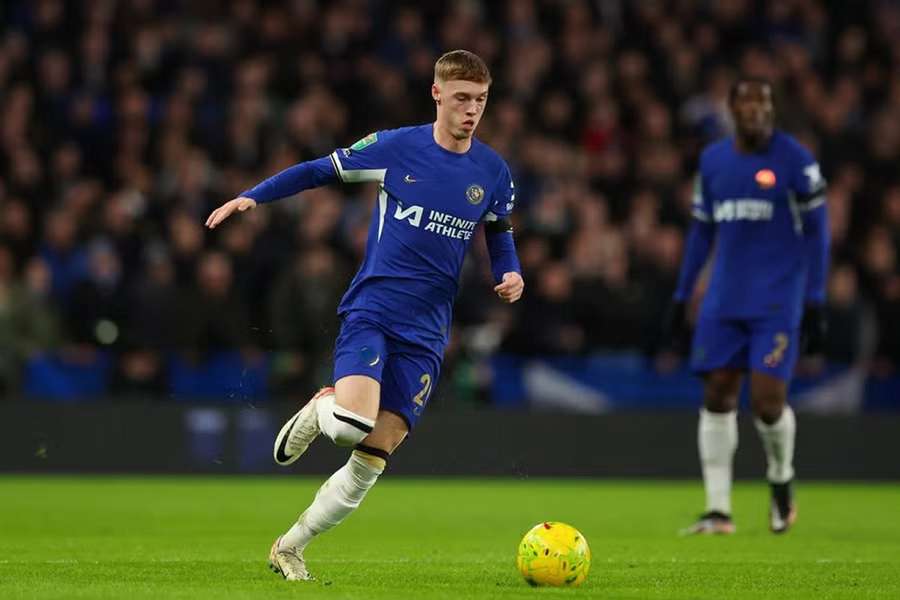
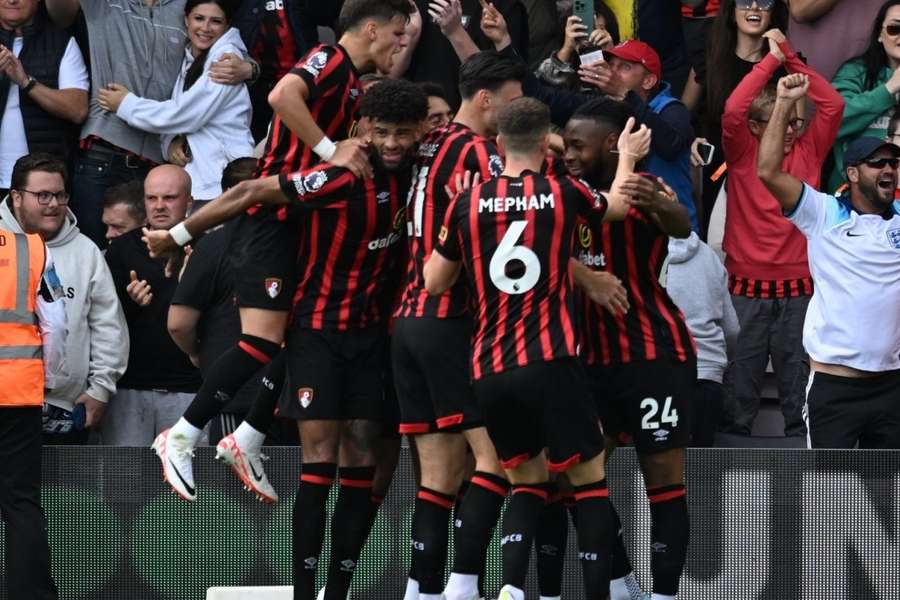

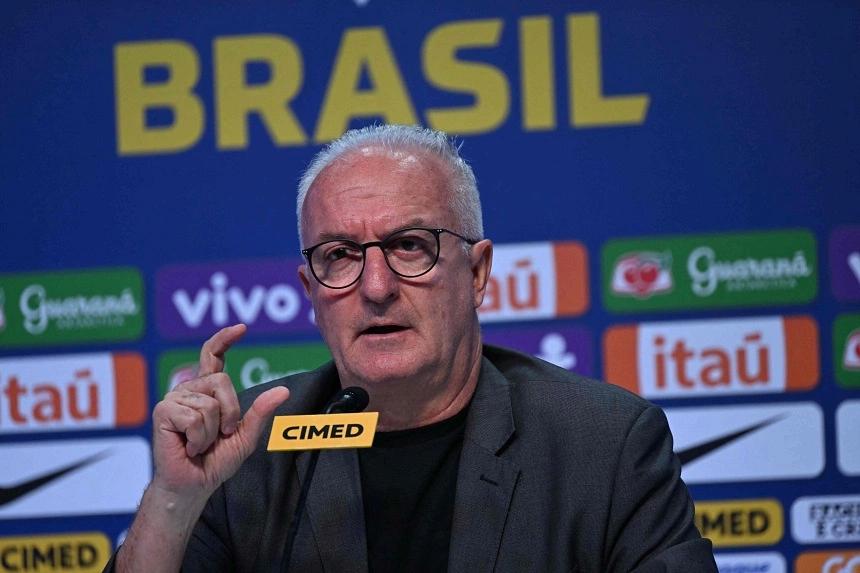

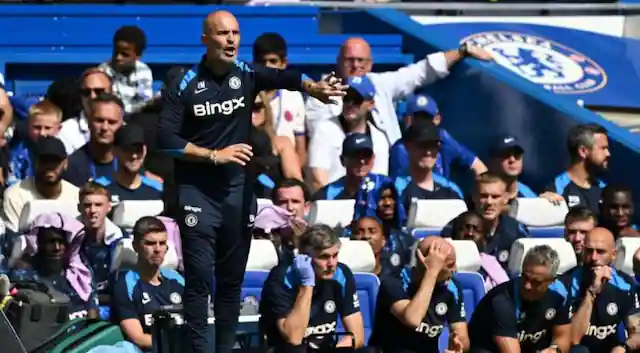
LATEST NEWS


